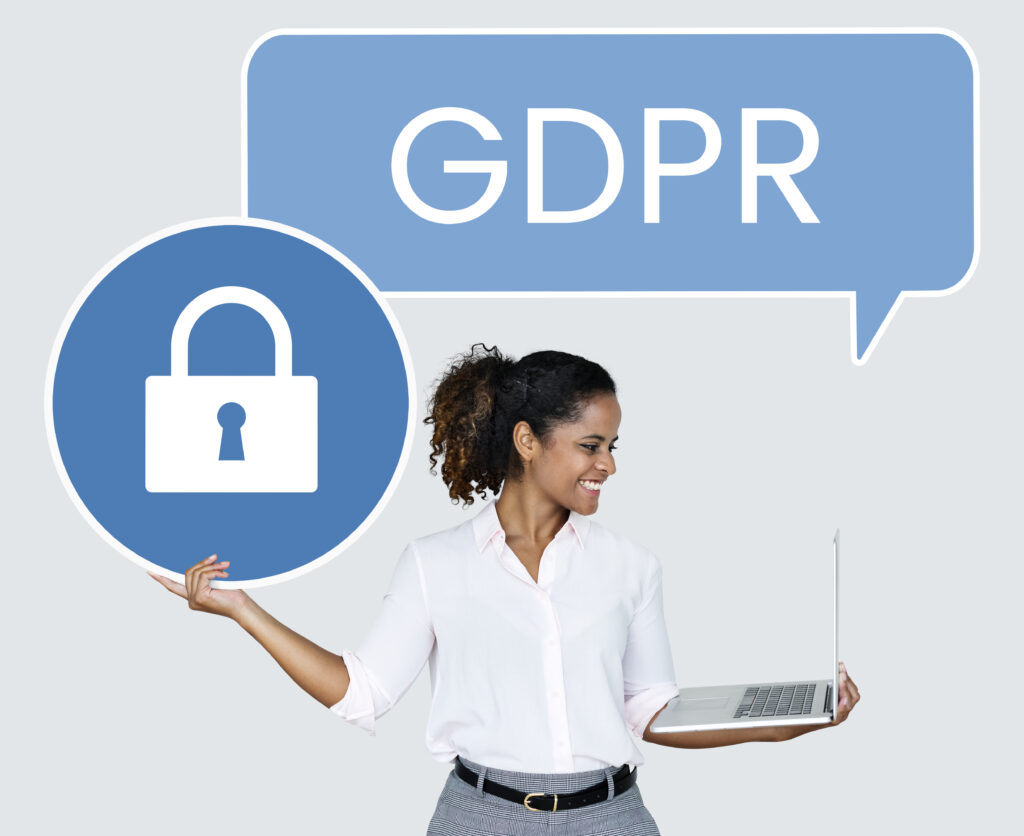GDPR Compliance Officer: Tools, Strategies, and Day-to-Day Work

When GDPR came into effect in 2018, companies suddenly needed someone to ensure they didn’t face massive fines for mishandling personal data. The regulation allows penalties up to 4% of global annual revenue, enough to make even large corporations nervous. Enter the GDPR Compliance Officer: part legal expert, part tech specialist, part internal diplomat.
The stakes are real. British Airways were fined £20 million after a breach affected 400,000 customers. Google paid €50 million for consent violations. These are just the headline cases, but most companies face a quieter struggle, figuring out how to comply with complex regulations while running their business. A 2023 industry report found that 74% of organizations struggle with data protection vulnerabilities due to limited budgets, and nearly half see evolving regulations as a major operational threat.
The Day-to-Day Work
The core job is making sure personal data gets handled properly, and that involves more moving parts than most people realize.
- Monitoring data flows – GDPR Compliance officers track where customer data lives, how it moves through systems, and who has access. This is not a one-time audit. It requires constant vigilance as systems change, new tools get adopted, and business processes evolve. Officers maintain detailed documentation to prove everything’s above board if regulators come knocking.
- Handling data requests – When someone wants to see, correct, or delete their data, the officer coordinates with IT and legal teams to make it happen within GDPR’s tight deadlines. These requests have increased significantly since GDPR took effect, and managing them efficiently requires clear processes and often specialized software.
- Training staff – This might be the most important part of the job. You can have perfect policies, but if your marketing team doesn’t understand why they can’t just buy an email list, or if your sales team stores customer information in personal spreadsheets, you’re asking for trouble. Officers run workshops, create training materials, and answer the same questions about cookies approximately 600 times. In industries like healthcare and finance where sensitive data is everywhere, this education becomes even more critical.
Elizabeth Denham, former UK Information Commissioner, put it succinctly at a past event:
“Accountability encapsulates everything the GDPR is about.” This mindset underlines why training and awareness are as important as any formal policy.”
Before Things Go Wrong
A good GDPR compliance officer will spend most of their time preventing problems rather than fixing them. This proactive approach saves companies from both regulatory penalties and reputational damage.
- Risk assessments – Before launching anything that touches personal data, officers conduct Data Protection Impact Assessments (DPIAs). This means identifying vulnerabilities early and building in protections like encryption, access controls, and data anonymization before information starts flowing. For high-risk processing activities, these assessments are legally required under GDPR.
- Vendor oversight – Here’s an uncomfortable truth: nearly 60% of data breaches involve third-party systems. Your company might have excellent security practices, but if your cloud provider or payment processor has vulnerabilities, you’re still liable. Officers audit partners and vendors to make sure their data handling meets GDPR standards. This includes reviewing contracts, checking security practices, maintaining ongoing oversight, and ensuring vendor agreements include proper data protection clauses.
- Incident planning – When breaches happen, there is a 72-hour clock to report serious incidents to regulators. Officers maintain response plans, investigate causes, coordinate damage control, and document corrective measures. The goal is to respond quickly and transparently, minimizing both legal consequences and customer trust damage.
The Strategic Role
The GDPR compliance officer also shapes how businesses operate around data privacy. This is where the role moves from tactical execution to strategic influence.
They advise leadership on privacy implications before launching new products or services. A new AI feature that analyzes customer behavior might seem like a great idea until the compliance officer explains the consent requirements and data retention implications. They draft internal policies that actually make sense for how the company works, not just copy-paste templates from the internet.
Officers negotiate vendor contracts to include proper data protection clauses and work with product teams to integrate privacy by design from the start. Crucially, they work to make compliance feel less like a burden and more like a competitive advantage. Companies with strong data governance report significantly higher customer trust, which translates to real business value.
Mikko Niva, former Group Privacy Officer at Vodafone, emphasizes this perspective: “As privacy professionals, we are fortunate to work at the intersection between technology, ethics, and compliance. The work we do is vital to ensuring that the digitisation of our society happens with the highest standards for the benefits of consumers and society.”
The Tools
Modern compliance requires modern tools. Officers typically use specialized platforms to manage the complexity:
- OneTrust tracks data processing activities across departments, manages consent preferences, and performs risk assessments. It provides visibility into where data lives and how it’s being used throughout the organization.
- Osano automates compliance monitoring, vendor audits, and data subject access requests. For companies processing hundreds or thousands of requests annually, automation is essential.
These platforms provide dashboards for real-time monitoring, generate reports for management and regulators, and maintain audit-ready documentation. Without them, managing compliance at scale would be nearly impossible.
The Reality Check
Being a GDPR compliance officer is not an easy job, and the challenges vary significantly by company size and industry. Smaller companies often have one person covering multiple compliance functions with limited budget and support. Employee turnover means constantly re-training people on privacy basics. And the regulatory landscape keeps evolving, with GDPR just one piece alongside CCPA in California, LGPD in Brazil, and other emerging laws.
Different industries face different pressures. Healthcare deals with especially sensitive patient data and must meet additional confidentiality requirements beyond GDPR. Financial services juggle data protection alongside financial regulations like PCI DSS. Tech companies and e-commerce platforms handle massive volumes of consumer data, requiring robust systems to manage consent and international data transfers.
Why It Matters
GDPR Compliance Officers sit at the intersection of legal requirements, technical systems, and business strategy. They’re not just box-tickers enforcing regulations, they build frameworks for how organizations handle one of their most valuable and sensitive assets: personal data.
In a world where data breaches make headlines and privacy concerns influence buying decisions, these officers protect companies from legal and reputational damage while building customer trust. They embed data protection into corporate processes, guide management decisions, and help organizations navigate an increasingly complex regulatory environment. Not a bad day’s work.






